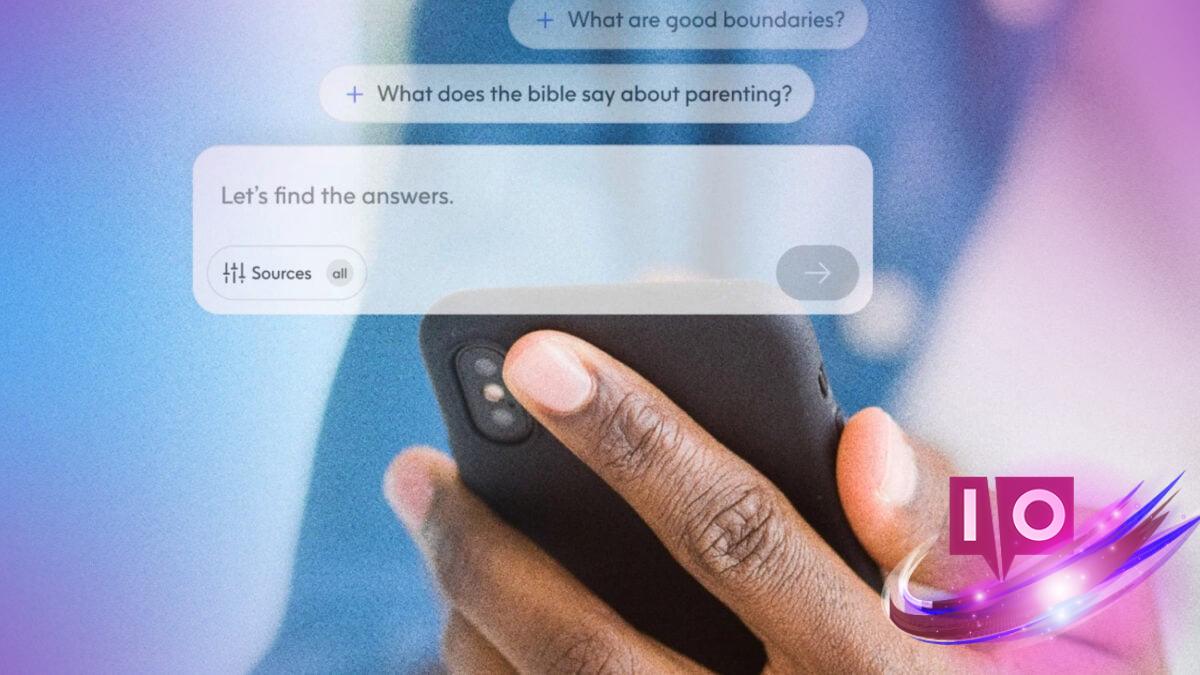In an age where technology increasingly intertwines with daily life and personal beliefs, the landscape of faith is evolving. Enter Patrick Gelsinger, the former president and CEO of Intel, who has found a novel approach to address the intersection of technology and spirituality. By focusing on religiously-oriented AI solutions, Gelsinger aims to create a tech stack that reflects diverse theological perspectives while providing churches with effective tools for ministry support.
Gelsinger’s current endeavor is with Gloo, a company dedicated to harnessing AI to enhance faith-focused practices. With over 140,000 faith leaders and ministries utilizing its solutions, Gloo represents a significant shift in how religious institutions can leverage technology for growth and community building.
1. What Does Gloo Offer for Faith-Based Communities?
At its core, Gloo aims to provide tools that resonate with various theological beliefs. The company offers:
- An AI chatbot fine-tuned to align with religious principles.
- A workspace designed for churches and ministries that assists in pastoral work and resources.
This approach enables different denominations, from Catholics to Lutherans, to adapt the platform to their unique beliefs.
2. How is Gelsinger’s Vision Transforming Faith Technologies?
Gelsinger has expressed a personal mission: to create technology that not only improves individual lives but also accelerates the spiritual journey for believers. He likens the potential impact of AI in faith to that of the Gutenberg press, emphasizing the church’s need to adopt these innovations to stay relevant.
3. Why Are Believers Turning to Chatbots for Spiritual Guidance?
Many individuals are exploring interactions with AI in ways that mirror religious practices. For example, some people engage with chatbots as if they were divine figures, posing questions and seeking guidance. This trend underscores a growing acceptance of technology as a tool for spiritual exploration, though it also raises important questions about the implications of such connections.
Could this mean that technology is beginning to fill roles traditionally held by spiritual leaders? The blend of human experience and artificial intelligence certainly sparks debate.
4. What Are the Risks of AI in Spiritual Contexts?
As AI grows in use among faith communities, it brings both potential benefits and risks. Engaging with chatbots may lead some users to develop unrealistic expectations or beliefs, blurring the line between faith and technology. Therefore, it’s crucial for believers to approach these tools with a balanced perspective, acknowledging their limitations.
5. How Can Churches Implement AI Solutions Effectively?
For churches considering the integration of AI tools like those offered by Gloo, it starts with a clear understanding of their community’s needs. Here are some essential steps to consider:
- Assess the specific challenges faced by your ministry.
- Choose tools that align with your theological principles.
- Train staff and volunteers on how to use these technologies responsibly.
In doing so, churches can leverage AI to enhance their mission while keeping faith at the forefront.
Is AI truly a beneficial tool for religious engagement? It’s a valid question, especially with growing awareness of tech’s role in spiritual life. Balancing technology with genuine faith focuses on fostering real connections among believers and their communities.
In conclusion, as Gelsinger and Gloo pave the way for a tech-savvy faith experience, it’s up to both leaders and congreg members to navigate this shifting landscape wisely. By staying informed and engaged, faith communities can utilize these advancements while remaining anchored in their beliefs. For more insights about the intersection of technology and spirituality, continue exploring related content on Moyens I/O.
